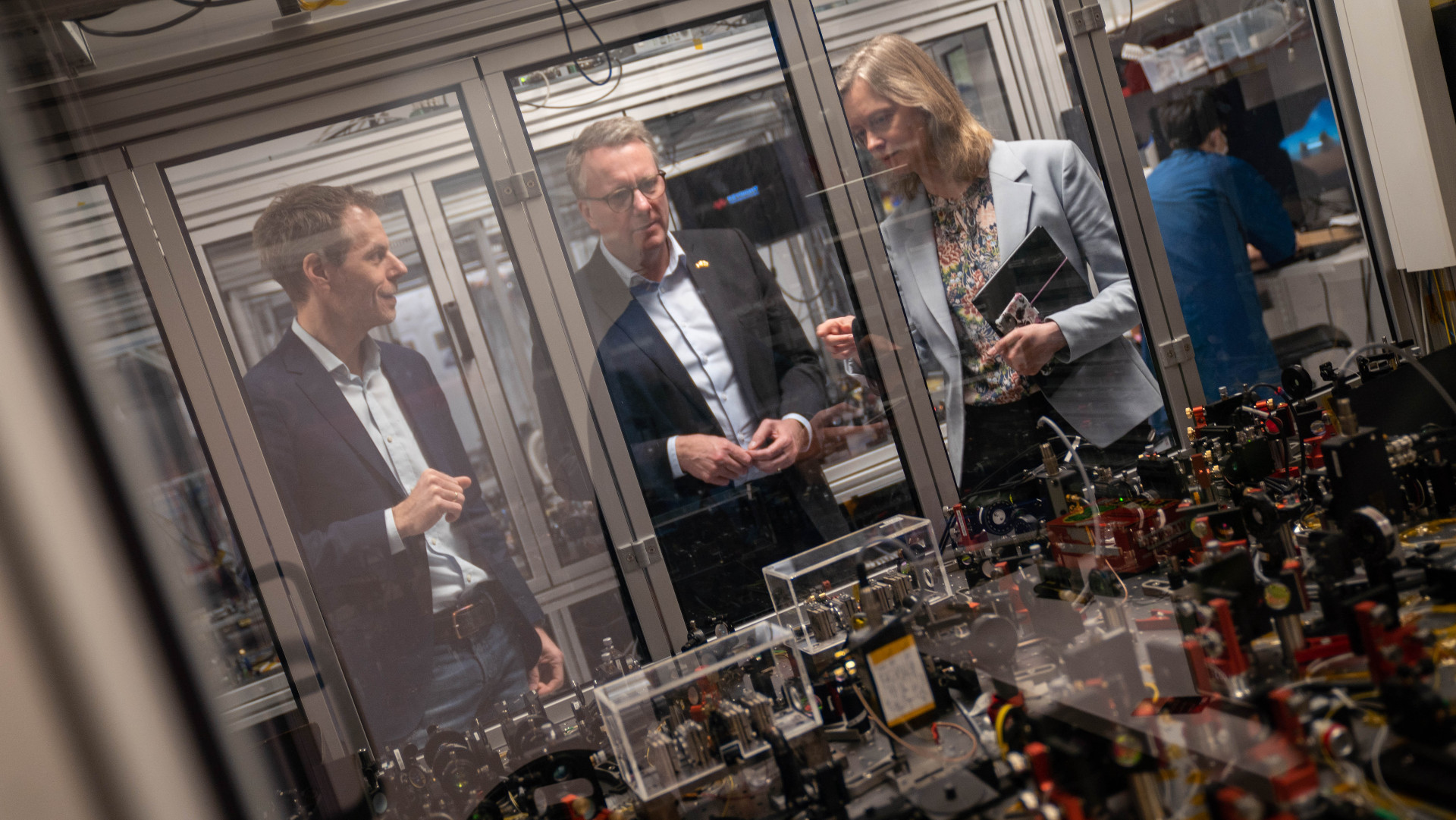Our digital society is built on encryption, which ensures that our data do not fall into the wrong hands. Encryption requirements are constantly getting stricter as hostile hacker attacks and computing power increase.
To remain at the forefront of technological developments and maintain data security, four Danish universities and four government ministries have taken the first step towards creating a national quantum-proof network. This is anchored in the project Danish Quantum Communication Infrastructure (QCI.DK), and the infrastructure will initially consist of a network in the Greater Copenhagen area and a long-distance connection to Odense.
“There is an ongoing global race to develop quantum technology that will entail significant changes. Denmark is in a favourable position, and this research project offers us the opportunity to test the great security potential of our technology on our data infrastructure. By establishing an experimental quantum communication network between four ministries, we also come closer to getting the technology out into society, and this is good, as it holds enormous business potential,” says Moten Bødskov, Minister for Industry, Business and Financial Affairs.
Secure connection based on laws of physics
QCI.DK will establish and test an experimental quantum-proof network between the public authorities involved in the project: the Ministry of Industry, Business and Financial Affairs, the Ministry of Foreign Affairs, the Ministry of Defence, and the Ministry of Higher Education and Science. The project both involves installing the physical infrastructure and educating the partners and other stakeholders in quantum key distribution (QKD), which is the quantum technology underlying the network.
Quantum key distribution is one of the most mature quantum technologies. It is a hardware solution that, using quantum physics, makes it possible to establish a common encryption key between a sending device and a receiving device. The key can then be used to secure the communication between the parties. A clear strength of the technology is that the exchange can take place over the existing fibre network that connects us to the Internet.
“The special feature of this technology is that it’s based on the built-in randomness of quantum processes instead of on mathematical complexity like our current encryption. And already during the key exchange, it can reveal whether an outsider is listening in on the line. This ensures that the communication itself is never compromised and isn’t vulnerable to attacks from quantum computers,” says Tobias Gehring, Associate Professor at DTU Physics and QCI.DK project manager.
